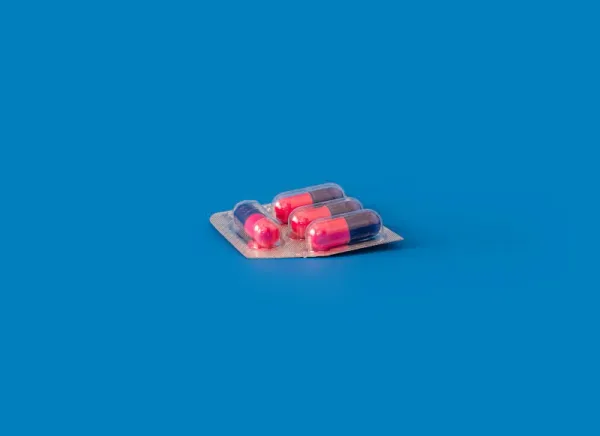Survodutide Phase 2 Trial Results

Survodutide is a dual Glucagon and Glucagon-Like Peptide 1 agonist which interacts with hormone receptors in your body to help reduce food cravings, and encourage weight loss.
Check out our quick explainer
Similar to drugs like Ozempic, Wegovy, Zepbound, Mounjaro and others, Survodutide helps people lose weight and maintain a healthy weight, by mimicking the body's natural peptides with synthetic form(s).
A research paper recently published in the New England Journal of Medicine reviews the finding of the study and the results:

Highlights
The study found:
- Improvement in Fatty Liver disease (NASH/MASH) with no worsening of Fibrosis
- 37% for participants taking 2.4mg dosage
- 62% for participants taking 4.8mg dosage
- 43% f0r participants taking 6.0mg dosage
- 14% of participants in the placebo (not given the drug)
- Decrease in liver fat content 0f at least 30%
- 63% for participants taking the 2.4mg dosage
- 67% for participants taking the 4.8mg dosage
- 57% for the participants taking the 6.0mg dosage
- 14% of participants in the placebo (not given the drugs)
Clearly, Survodutide does improve outcomes for people with fatty liver disease (NASH/MASH) and does so much better than placebo.
Study: Survodutide for people with Fatty Liver (NASH/MASH)
NASH/MASH (metabolic dysfunction–associated Steatohepatitis) is also known as "fatty liver disease", and is a condition that often affects people with Type 2 Diabetes (for which drugs like Survodutide or other GLP1 agonists are prescribed)

The study found that:
A total of 293 randomly assigned participants received at least one dose of survodutide or placebo. Improvement in MASH with no worsening of fibrosis occurred in 47% of the participants in the survodutide 2.4-mg group, 62% of those in the 4.8-mg group, and 43% of those in the 6.0-mg group, as compared with 14% of those in the placebo group (P<0.001 for the quadratic dose–response curve as best-fitting model).
A decrease in liver fat content by at least 30% occurred in 63% of the participants in the survodutide 2.4-mg group, 67% of those in the 4.8-mg group, 57% of those in the 6.0-mg group, and 14% of those in the placebo group; improvement in fibrosis by at least one stage occurred in 34%, 36%, 34%, and 22%, respectively. Adverse events that were more frequent with survodutide than with placebo included nausea (66% vs. 23%), diarrhea (49% vs. 23%), and vomiting (41% vs. 4%); serious adverse events occurred in 8% with survodutide and 7% with placebo.
NASH/MASH was improved in substantial amounts of the participants in the study, compared to Placebo.
Here is a direct link to the trial, ID NCT04771273 (sponsored by Boehringer):
Boehringer Ingelheim was happy to tout the success of the phase 2 trials in their announcement of seeking phase 3 trials.
Who makes Survodutide?
Survodutide was developed by by Boehringer Ingelheim








